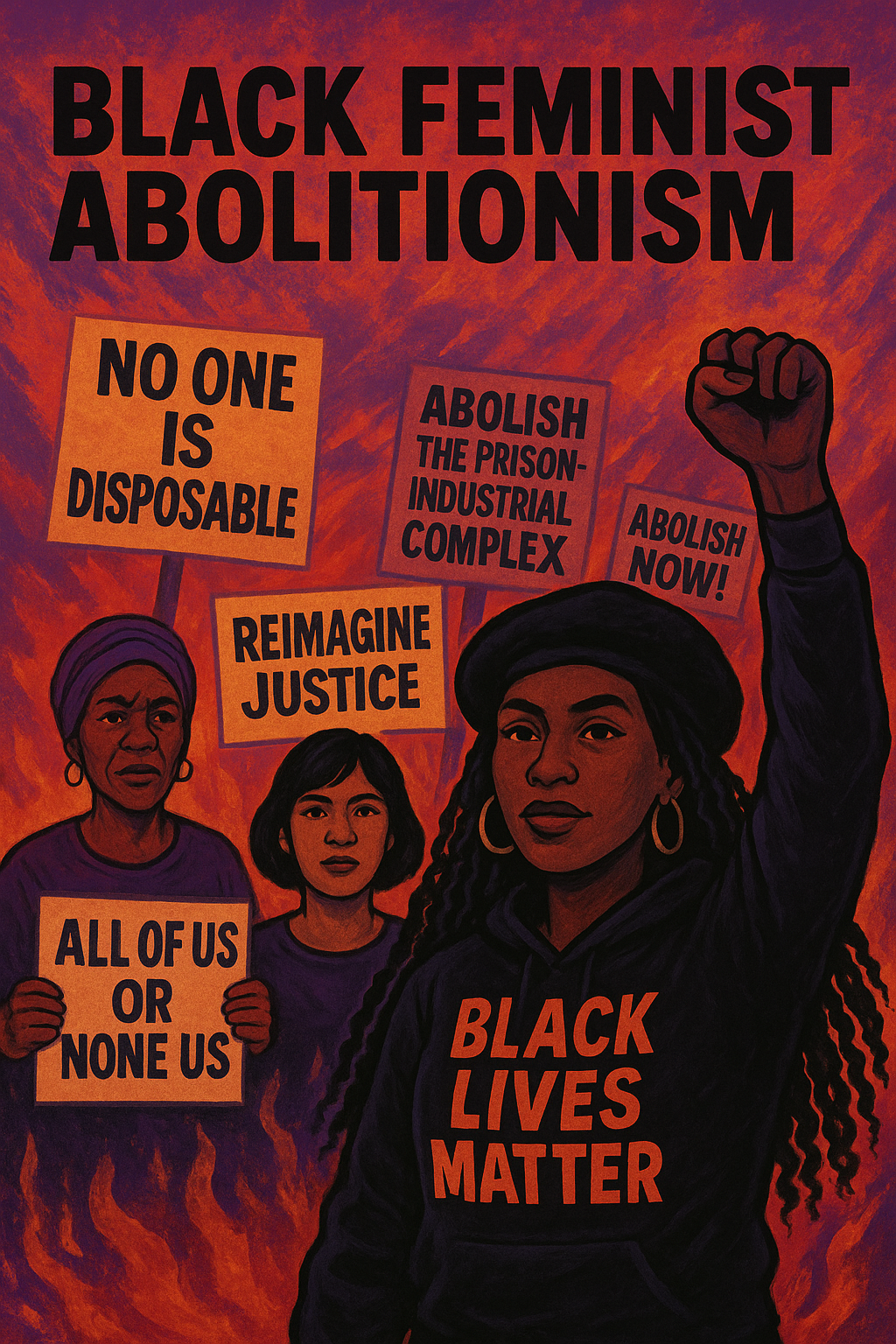Author: abolition-feminism
-

Here We Plant Abolition: This is Abolition-Feminism
I didn’t grow up using the word abolition. I wasn’t taught that cages could be questioned, or that care could be something other than institutional. But I felt the violence of control. I felt the weight of being Black, being a girl, being watched, being labeled, being told to be quiet. I didn’t always have the…